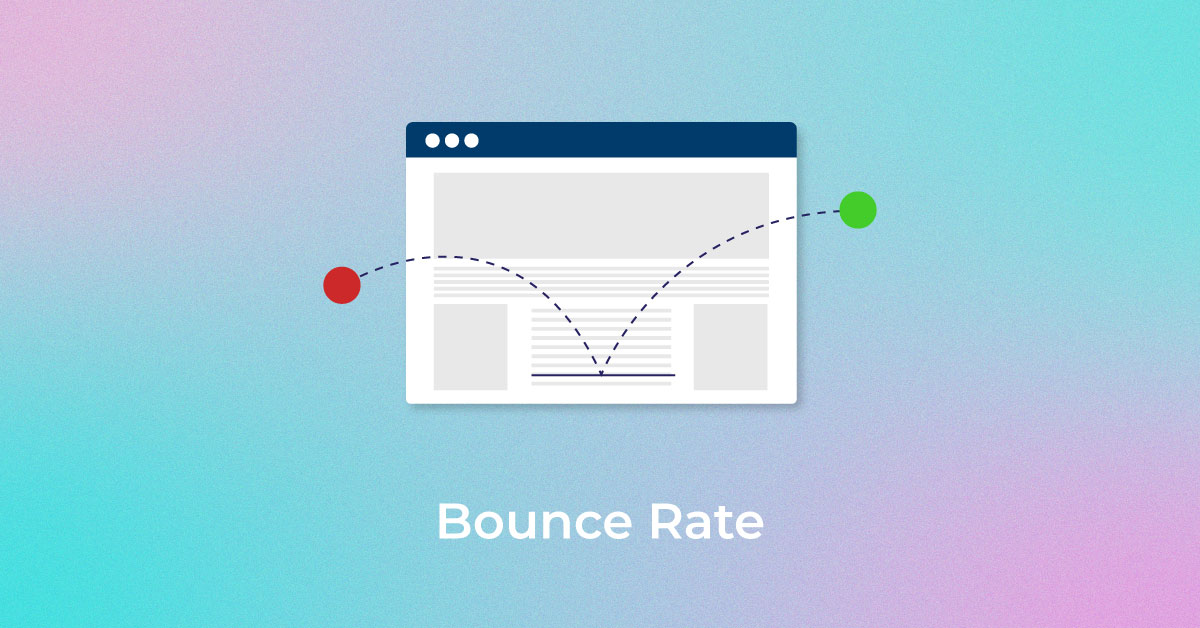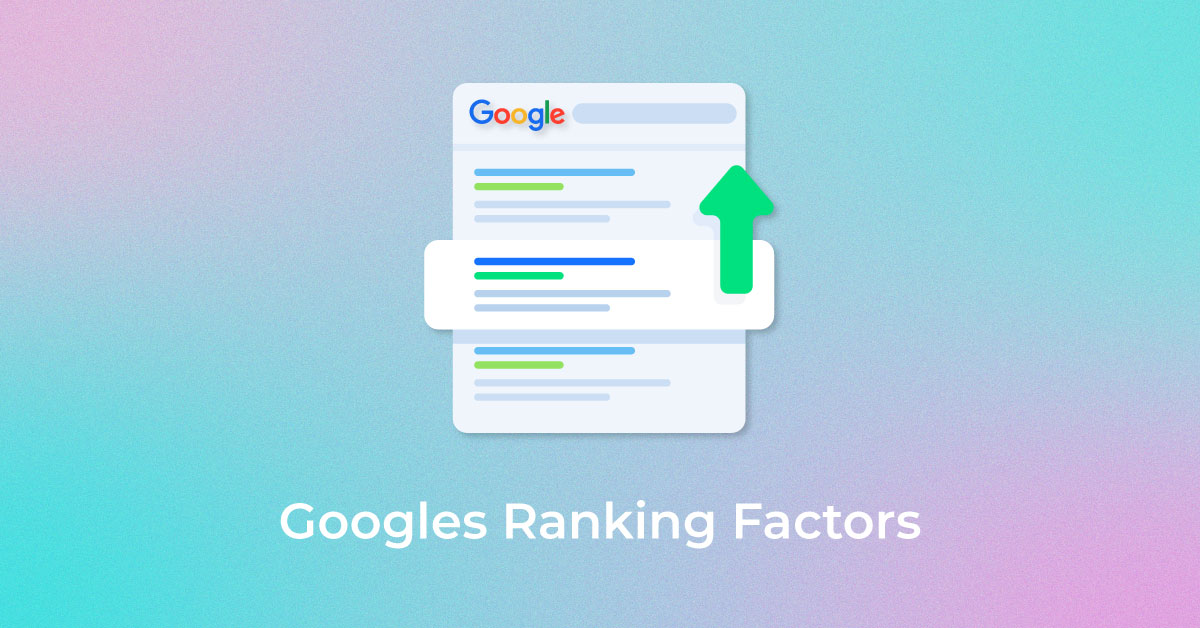In the ever-evolving digital landscape, understanding how users search for information is crucial for businesses aiming to improve their online visibility. Every day, millions of people turn to search engines with specific queries, looking for answers, products, or services that meet their needs. Behind every search lies intent—whether it’s to learn something new, make a purchase, or find a local service. To connect with the right audience, businesses must align their content and marketing strategies with the words and phrases users naturally type into search bars. This is where search terms come into play. By analyzing and optimizing for these terms, brands can enhance their search rankings, drive targeted traffic, and maximize conversions.
What is a Search Term?
A search term is the exact word or phrase a user types into a search engine when looking for information, products, or services. It directly reflects user intent and determines which web pages appear in search results. Search terms can be broad, like “digital marketing,” or highly specific, like “best digital marketing strategies for startups in 2025.”
Search engines analyze search terms to match users with the most relevant content. Businesses and marketers use this data to optimize their websites, ensuring they rank higher for queries their target audience is searching for. In SEO, incorporating the right search terms into website content, headings, and metadata improves visibility. In PPC advertising, selecting high-intent search terms helps drive traffic and maximize conversions.
Understanding and optimizing for search terms is key to improving search rankings, attracting qualified visitors, and enhancing user experience, making them a fundamental aspect of digital marketing.
Difference between Search Term and Keyword
While it may look like search terms and keywords are the same thing, there is a difference between them.
A search term can be anything that a user types on the search engine to find out what they are looking for. However, a keyword is something that a search engine has indexed. Search engines crawl webpages to find the purpose of those pages and index them based on the keywords identified in the pages.
When a user enters a search term, search engines break it down and understand it from the pool of their indexed keywords to present the best results to the user. In an ideal case, search terms and keywords can be a perfect match too.
Why are Search Terms Important for SEO?
-
Why Search Terms Matter for SEO
Every time a search term is fed into a search engine, say Google, Googlebot crawls relevant pages and indexes them in the results page. In simple words, a search term is responsible for kicking the website crawler into action and returning a suitable response in the form of URLs, images, news, and/or videos. A page or URL will only be picked up by the crawler or rank on SERPs if it is optimized for that search query. Thus, we can say positively that SEO is directly related to the search terms being searched online.
Unlock higher rankings, quality traffic, and increased conversions through tailored award-winning SEO strategies.
Elevate your web presence by Infidigit’s SEO solutions.
Unlock higher rankings, quality traffic, and increased conversions through tailored award-winning SEO strategies.
-
Importance of Search Terms for PPC
Search terms are vital for PPC, directly affecting ad visibility, cost, and conversions. They help advertisers target the right audience, optimize bids, and enhance ad relevance. By analyzing search terms, businesses can identify high-converting keywords and eliminate irrelevant traffic using negative keywords. This lowers CPC and boosts ROAS.
For example, a running shoe brand may find that “best running shoes for beginners” drive more sales and allocate a higher budget to it while excluding searches like “cheap casual shoes.” Effective search term management ensures ads reach potential customers with strong purchase intent, maximizing PPC success.
How to Select the Best Keywords While Considering Search Terms?
Several factors should be kept in mind when selecting the best keywords for consideration of search terms. These include
1. Always Consider Search Intent
The recent Google Content Update in August 2022, spoke about how important it is to curate and create content in response to what the readers wish to consume when they visit your website. This is what is called the ‘search intent’, in other words, the reason for conducting a search from the user’s perspective.
We say ‘always keep the search intent in mind’, but how does one actually adhere to such a standard? Well, this is where one needs to smartly incorporate search queries into their content that answer the commonly asked questions. For example, if you run an e-commerce website that sells apparel, placing search queries throughout the content can get bring the right organic traffic to your platform.
2. Examine Long-Tail Keywords
Long-tail keywords can not only pose difficulty when placing them into the content but also have a low search volume. This could mean two things- either your content may seem to force-fit keywords or successfully manage to target users’ unique needs. Thus it is important to examine them carefully and understand the need to place them in your content as it will directly impact the ranking of your website in Google SERPs.
3. Track Search Terms in Google Ads
When you receive visits after placing sponsored links on Google, there is a way to keep track of the terms that were searched to reach the desirable URL. And that is referred to as the Search Term Report. But why should you keep track of such actions? What is the significance of the Search Terms Report on Google? It is this very report that provides insight into the searches that trigger your ads and how those searches are performing.
Essentially, this report indicates whether or not your content strategy is heading in the right direction. Furthermore, this report helps you discover what can be improved on your site from a creator’s perspective that is perfectly in line with what your consumer base/ target audience is looking for.
Importance of Search Terms for Search Engine Marketing
-
Assists Users
Assisting users in finding what they are looking for is the main purpose of search terms. The autocomplete function in search engines is meant exactly for this purpose. This helps the users find the perfect match of their search query to their intent.
This function also helps you in finding related search queries and keywords. If your search term is very closely similar to another one that might be searched for more often, the SERPs will also include the results of the latter.
-
Advanced Searches
Search terms also come in handy in the advanced search feature of search engines. Users can choose to exclude certain terms from their search results, leave blank spaces in their search queries, or even look at results from a very specific domain or region. While this is not done by most users, it definitely assists advanced users in finding the most relevant results.
-
Search Engine Advertising
Search engine advertising is one of the key reasons why search terms are so important. Based on what you put in the search box, you can be directed to SERPs that contain ads. Identifying the most-searched-for terms can significantly boost the access of your ads to the target audience.
Advertisers know this, and hence select very specific keywords to target their ads. For instance, if a user’s search query is “sports shoes for sale” and the keywords your advertiser has chosen for your ads are “sports”, “sports shoes”, and “sale”, then your ad has a very good possibility of showing up on the SERP.
-
Search Engine Optimization
You should also optimize your content for all the specific search terms and queries relevant to your industry, as it will significantly help your website with its SEO.
While ranking pages on SERPs, search engines take a close look at the search terms or queries and break them down into multiple keywords. Search engines then look within their index to find the most suitable results based on the search intent and rank them accordingly.
Relevancy of your website content with respect to search terms can heavily affect your rankings and SEO. This is why you must ensure that your content organically includes search terms for enhancing your website’s on-page SEO.
How to find Search Terms?
-
Google Search Results
Google’s Related Searches and Autocomplete suggestions help find valuable keyword variations. As you type, Google suggests relevant terms based on user behavior, while the Related Searches section at the bottom of SERPs provides additional ideas.
For example, searching for “digital marketing strategies” may show suggestions like “best digital marketing strategies for startups” or “effective digital marketing techniques,” helping refine your keyword targeting.
-
Google Trends
Google Trends is a free tool that helps identify related search terms, trending queries, and keyword popularity over time. It provides insights into seasonal trends and regional interest, helping refine PPC and SEO strategies.
For example, if “winter jackets” show a spike in searches during fall, businesses can adjust their campaigns accordingly to maximize traffic and sales.
-
Google Keyword Planner
Google Keyword Planner is a free tool that helps discover relevant keywords along with essential data like search volume, competition, and CPC estimates. It’s useful for identifying high-performing terms and uncovering new keyword opportunities for PPC and SEO.
For example, searching for “organic skincare” may suggest variations like “best organic face creams” or “natural skincare routine,” helping refine PPC and SEO strategies.
-
Review Google Search Console
Google Search Console (GSC) is a valuable tool for finding search terms that drive organic traffic. By analyzing the Performance report, you can identify queries users searched before landing on your site. This helps refine PPC and SEO strategies by focusing on high-converting keywords and filtering out irrelevant ones.
For example, if GSC shows that “best budget smartphones” brings in significant traffic, you can target this term in PPC campaigns to attract more potential buyers.
-
Conduct Competitor Research
Analyzing competitors helps uncover valuable search terms they rank for in both organic and paid searches. Tools like SEMrush, Ahrefs, and Google Ads Transparency Center provide insights into their top-performing keywords.
For example, if a competitor is bidding on “affordable fitness trackers” and gaining traffic, you can target similar terms or find gaps they’ve missed to refine your PPC and SEO strategy.
-
Find New Keyword Variations
Expanding keyword variations helps capture a broader audience and uncover hidden opportunities. Use tools like Google Keyword Planner, Ubersuggest, and AnswerThePublic to find related search terms.
For example, if you target “running shoes,” exploring variations like “best running shoes for beginners” or “lightweight running shoes” can improve reach and relevance in PPC and SEO strategies.
How Search Intent Affects Search Terms
Search intent refers to the reason behind a user’s search query, determining which keywords are most effective in SEO and PPC campaigns. Understanding intent helps businesses create relevant content and target the right audience.
Search intent is categorized into four types:
- Informational: Users are looking for answers or knowledge (e.g., “how to lose weight fast”). These keywords are ideal for blog posts, guides, and educational content.
- Navigational: Users want to find a specific website or brand (e.g., “Nike official store”). Optimizing for branded search terms helps drive direct traffic.
- Transactional: Users are ready to make a purchase (e.g., “buy wireless headphones online”). These keywords are crucial for PPC campaigns and product pages.
- Commercial: Users are comparing products or services before deciding (e.g., “best smartphones under $500”). These terms work well for product reviews and comparison pages.
For example, if a company sells running shoes, targeting informational searches like “best running techniques” can drive awareness while using transactional keywords like “buy lightweight running shoes online” can boost sales. Aligning search terms with user intent ensures better engagement, higher conversion rates, and improved ad performance.
Search Term Examples
-
Organic Search Terms Example
Organic search terms are queries users enter in search engines to find information without clicking on paid ads. Optimizing for these terms helps websites attract traffic naturally through SEO.
Examples:
- A tech blog ranking for “latest smartphone reviews 2025” can attract readers researching new devices.
- A fitness website targeting “best exercises for weight loss at home” can engage health-conscious users.
- A fashion e-commerce store appearing for “summer dresses under $50” can draw potential buyers.
- A finance website ranking for “how to save money on taxes” can gain traffic from users seeking financial advice.
- A food blog optimizing for “easy 10-minute dinner recipes” can attract home cooks looking for quick meals.
By targeting relevant organic search terms, businesses can improve rankings, drive engagement, and increase conversions.
-
Paid Advertising Search Terms Example
Paid advertising search terms are keywords businesses bid on to display ads in search engine results. These terms help drive targeted traffic and increase conversions through PPC campaigns.
Examples:
- A shoe brand bidding on “buy running shoes online” to attract shoppers ready to purchase.
- A home services company using “affordable AC repair near me” to target local customers.
- A travel agency running ads for “cheap flights to New York” to capture users looking for deals.
- A software company bidding on the “best project management tool” to reach businesses searching for solutions.
- A beauty brand uses “buy organic skincare products” to promote its product line.
By selecting high-intent paid search terms, businesses can improve ad visibility, generate qualified leads, and boost sales.
Turn Search Terms into Valuable Keywords
There is much more to search queries and terms than one might expect. Search terms are associated with keywords by search engines to rank pages. Diving deep into how your target user base might search the internet can help you execute successful keyword research and marketing campaigns.
Get in touch with an experienced SEO company like Infidigit today to realize the true potential of search terms, and get ahead of your competition.
FAQs about Search Term
What’s the Difference Between Search Terms and Keywords?
Search terms are the exact phrases users enter into search engines, while keywords are the words or phrases marketers target in SEO and PPC campaigns. Search terms reflect real user behavior, while keywords are strategically chosen to optimize content and ads. Understanding this difference helps businesses refine their strategies for better search visibility and conversions.
Where Do Keyword Tools Get Data About Search Terms?
Keyword tools collect data from multiple sources, including search engines, website analytics, and third-party databases. They analyze search volume, competition, and trends based on historical search queries. Platforms like Google Keyword Planner, SEMrush, and Ahrefs use algorithms to process this data, helping marketers identify valuable search terms for SEO and advertising.
How do search terms impact SEO?
Search terms influence SEO by aligning content with user intent. Optimizing web pages for relevant search terms improves rankings, drives organic traffic, and enhances user engagement. Search engines prioritize content that best matches user queries, making it crucial to use search terms naturally in content, headings, and metadata. Proper keyword integration increases visibility and improves the likelihood of higher search rankings.
What are long-tail search terms, and why are they important?
Long-tail search terms are longer, more specific phrases that target niche audiences. These terms typically have lower search volume but higher conversion potential because they reflect precise user intent. Long-tail search terms help websites rank for less competitive queries, attract highly relevant traffic, and improve the chances of meeting user needs effectively. They are essential for businesses looking to enhance SEO efforts and drive targeted engagement.
How do I find relevant search terms for my website?
Finding relevant search terms involves researching user intent, analyzing competitor strategies, and utilizing keyword tools. Platforms like Google Search Console, Google Keyword Planner, and Ahrefs provide insights into high-performing search terms. Reviewing autocomplete suggestions, related searches, and industry trends helps identify valuable keywords. Regularly updating search terms based on data analysis ensures continued relevance and improved search performance.
Popular Searches
How useful was this post?
1 / 5. 1



















2 thoughts on “What is Search Term? Everything you need to know”
Hi Ankit,
I’m following your blog from last few days and there are amazing post.
Thanks for sharing information.
You are Welcome, Riya. Subscribe to our blogs to get the latest information on SEO.